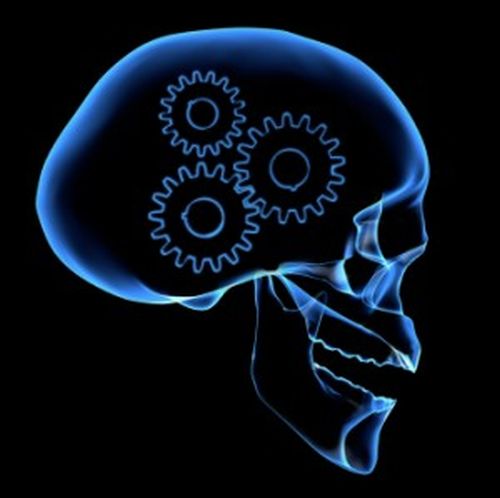
Although the precise mechanism of muscle memory is unknown, what is theorized is that anyone learning a new activity, or practicing an old one has significant brain activity during this time. The walking child is gradually building neural pathways that will give the muscles a sense of muscle memory. In other words, even without thinking, the child is soon able to walk, and the muscles are completely accustomed to this process. The child doesn’t have to tell the body to walk; the body just knows how to do it, largely because neurons communicate with the muscles and say, “walk now.”
Muscle memory thus becomes an unconscious process. The muscles grow accustomed to certain types of movement. This is extremely important in different types of training for sports. The more often you do a certain activity, the more likely you are to do it as needed, when needed. If you’ve kicked thousands of field goals, exercise physiologists assume that the likelihood of being able to kick one during an American football game is pretty good through muscle memory. You don’t have to think, “I need to make this kick.” Your body already knows how to do it.
This is one of the reasons that with many activities that involve the body’s muscles, like playing an instrument, learning appropriate technique is always stressed. You want your muscle memory to reflect the correct way to do things, not the incorrect way. Your muscle memory can actually play against you if you’ve constantly been practicing something the wrong way.
Music teachers often make this contention. It’s a lot harder to teach someone who’s been playing an instrument for a few years because the first step is breaking them of all the bad habits they’ve acquired, which are now part of the muscle memory. Similarly, if you learn to bat, throw, kick or pitch wrong, your muscle memory has to be overcome, and new neural pathways formed to be a better athlete.
Most top level athletes and performers in a variety of fields believe that muscle memory is best developed when the same activities are practiced over and over again, with any corrections of form that are needed. Continual practice may mean you can make that perfect golf swing every single time (or almost), or hit a high note every time if you’re a singer.
*Note
Some may say Muscle Memory is a myth, but ask yourself this. Why is it possible for an athlete to come back from a horrendous injury, such as a broken leg. But still be able to come back, and still be able to perform at the same peak level again.

